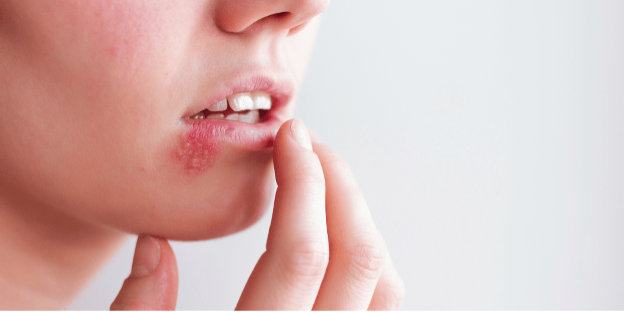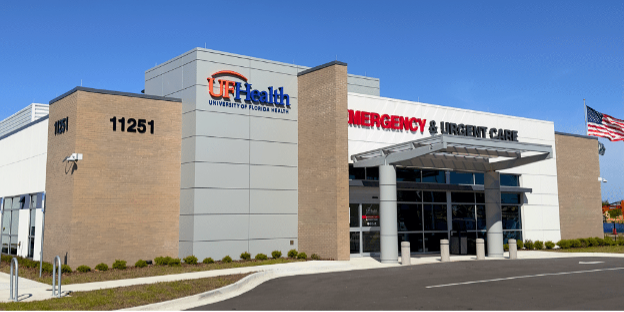Herpes: Symptoms and Treatment
- Category: General
- Posted On:

Herpes is a widespread virus. Also known as herpes simplex, it can present as an oral or genital infection. HSV-1 causes most oral infections, while HSV-2 causes most genital infections.
Although herpes is widespread, many people feel shame and embarrassment. In addition, symptoms can vary widely from one person to another. It’s essential to understand how the herpes virus spreads and how it can affect your health.
Types of Herpes
There are two types of the herpes simplex virus: oral herpes and genital herpes. There is no cure for either type of herpes, so once you have the infection, you will always have it. However, the symptoms can be different from one person to another. Some people may have the virus but have no symptoms at all. Others may have symptoms after the initial infection and never have symptoms again. Or a person may have symptoms that recur, but they are usually milder each time.
Oral Herpes Symptoms
Oral herpes, or herpes simplex 1, can affect your mouth or face. One person transmits the virus to another through saliva. Sores can appear around or inside your mouth or on the lips. Sometimes, you can also have sores on other parts of your face. Although the blisters are not as painful as genital herpes, they can still be bothersome.
Oral herpes blisters are also known as fever blisters or cold sores. You might feel itching or tingling in the days before the sore appears. It can take a few weeks for the sores to clear completely. They may only appear once, or they may reappear more than once.

Genital Herpes Symptoms
HSV-2 is usually the cause of genital herpes and is a sexually transmitted infection. Most people have their first outbreak two to 10 days after infection, but in some cases, it can take years. You may not know you have herpes until you have an outbreak of sores on your genitals or the surrounding area. Some symptoms of genital herpes include:
- Clusters of blisters that rupture and become sores
- Itching
- Pain in the genital area
- Pain or a burning feeling while urinating
- Swollen lymph nodes and fatigue, fever and headache
Treatment for Herpes Infections
Both genital and oral herpes are lifelong infections; there is no cure. But you can manage or treat your symptoms in many ways to make outbreaks less uncomfortable. Some ways you can make yourself more comfortable include:
- Avoiding too much sun exposure
- Managing stress
- Sitting in a warm bath
- Using an ice pack on the sores
- Using an over-the-counter pain reliever
- Wearing loose clothing and avoiding synthetic fibers around the affected area when possible
Your doctor can be a great resource when dealing with a painful outbreak. Several medications can be taken that can shorten the outbreak and also reduce the severity of your outbreaks and risk of spreading the infection.
Not everyone has the same symptoms and, like many STIs, the infection can be difficult to identify, so it’s crucial to see your doctor for an exam and testing.

Get Herpes Treatment at UF Health Emergency & Urgent Care Center
At UF Health Emergency & Urgent Care Centers, our primary goal is to provide the residents of Northeast Florida with exceptional service and the proper billing for the care they need. Our combined emergency room and urgent care is fully equipped to handle everything from allergies and fractures to chest pain, with on-site labs, X-ray, ultrasound and CT, all under one roof.
The ER and urgent care centers are open 24 hours a day, 7 days a week. No appointment is necessary — just walk in!
Find the UF Health Emergency & Urgent Care Center in Jacksonville nearest you at www.euc.ufhealthjax.org/locations.
